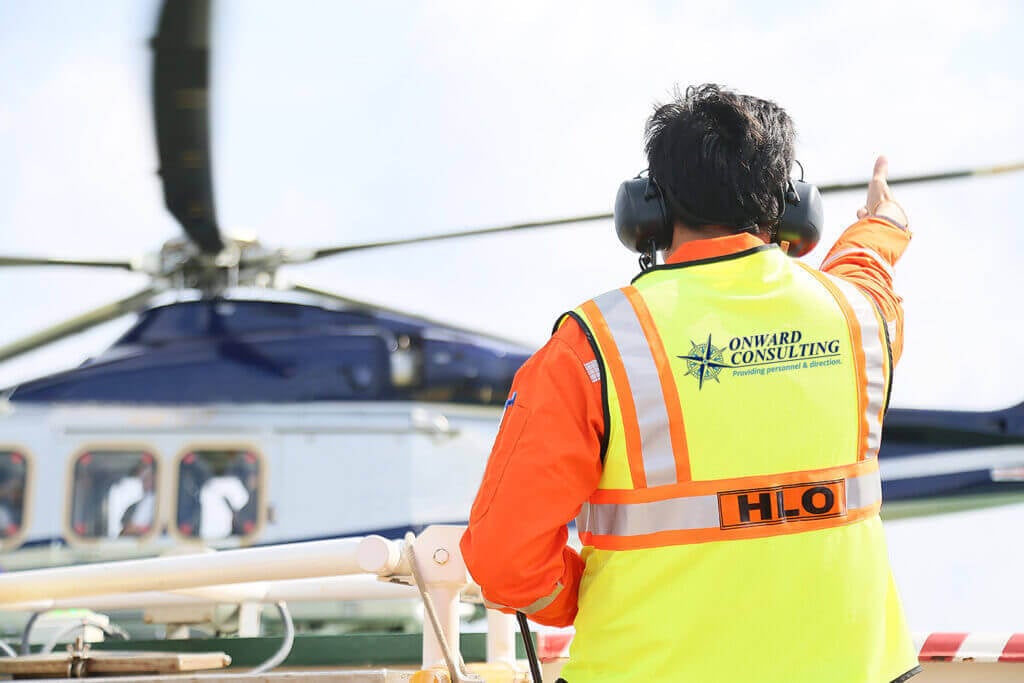Navigating the Complexity of Offshore Oil and Gas Logistics
The offshore oil and gas industry is known for its complexity, with numerous logistical challenges to overcome in order to ensure smooth operations. In this blog, we explore the intricate web of offshore oil and gas logistics, highlighting the critical factors that make it a uniquely demanding task. From sourcing materials to coordinating transportation and managing supply chains, this article delves into the complexities faced by industry professionals in this essential sector.
Remote Locations and Harsh Environments
Offshore oil and gas operations are typically located in remote and challenging environments, often far from the mainland. These locations pose significant logistical hurdles, as they require the transportation of personnel, equipment, and materials over long distances. The remote nature of offshore sites adds complexity to supply chain management, making it crucial to plan and anticipate potential delays or disruptions due to weather conditions or unexpected events.
Massive Scale and Varying Equipment
Offshore oil and gas operations involve a vast array of equipment required for drilling, production, and maintenance. Coordinating the sourcing, transportation, and installation of this equipment is a daunting task, as it requires careful planning and coordination among various suppliers, contractors, and logistics providers. Each component has specific requirements, including weight restrictions, dimensions, and compatibility, which must be meticulously managed to ensure seamless operations offshore.
Safety and Environmental Considerations
Ensuring the safety and environmental integrity of offshore operations is paramount in the oil and gas industry. Logistics planning must account for stringent safety regulations, including guidelines for transporting hazardous materials and the safe handling of equipment. Likewise, environmental considerations, such as restricted areas and protected species, must be taken into account throughout the logistics process, further adding to the complexity of offshore operations.
Complex Supply Chain Management
Managing the supply chain in the offshore oil and gas industry involves coordinating multiple stakeholders, from suppliers and contractors to transporters and service providers. Timely delivery of materials, equipment, and personnel is critical to avoid costly delays and downtime. Effective communication, collaboration, and forecasting are essential to streamline the supply chain and mitigate potential bottlenecks or disruptions.
Customizable Logistics Solutions
Given the unique challenges presented by offshore oil and gas logistics, customized solutions are often required. These solutions may involve the use of specialized vessels, helicopters, or even temporary storage facilities to support efficient operations. Tailoring logistics services to meet the specific requirements of offshore projects demands expertise in understanding the industry's nuances and providing flexible, innovative solutions.
Inventory and Asset Management
Efficient inventory and asset management is crucial for offshore oil and gas operations. Maintaining accurate inventory levels, tracking equipment and spare parts, and ensuring timely replenishment or repairs are complex tasks. Advanced asset management systems and data-driven technologies play a significant role in optimizing operations, preventing downtime, and reducing costs associated with carrying excess inventory or equipment failures.
Global Collaboration and Coordination
Offshore oil and gas projects often involve collaboration among companies operating globally. Effective communication and coordination between multiple stakeholders, including operators, suppliers, and contractors, are essential for successful logistics management. Transparent information sharing, standardized procedures, and the ability to adapt to diverse cultures and working practices are key to overcoming the challenges of global collaboration.
Onward's Logistics Coordinators
Providing your facility with a dedicated, experienced and credentialed logistics representative prevents other positions from being overburdened while streamlining operations and reducing overall costs. Onward Consulting logistics representatives are responsible for supply chain coordination and logistics.
Onward Consulting employs Clerks, Materials Coordinators, Planner-Schedulers, and HLOs to assist and successfully guide your teams ensuring secure, safe, compliant operations while adhering to industry, federal, and state standards.


.jpg)